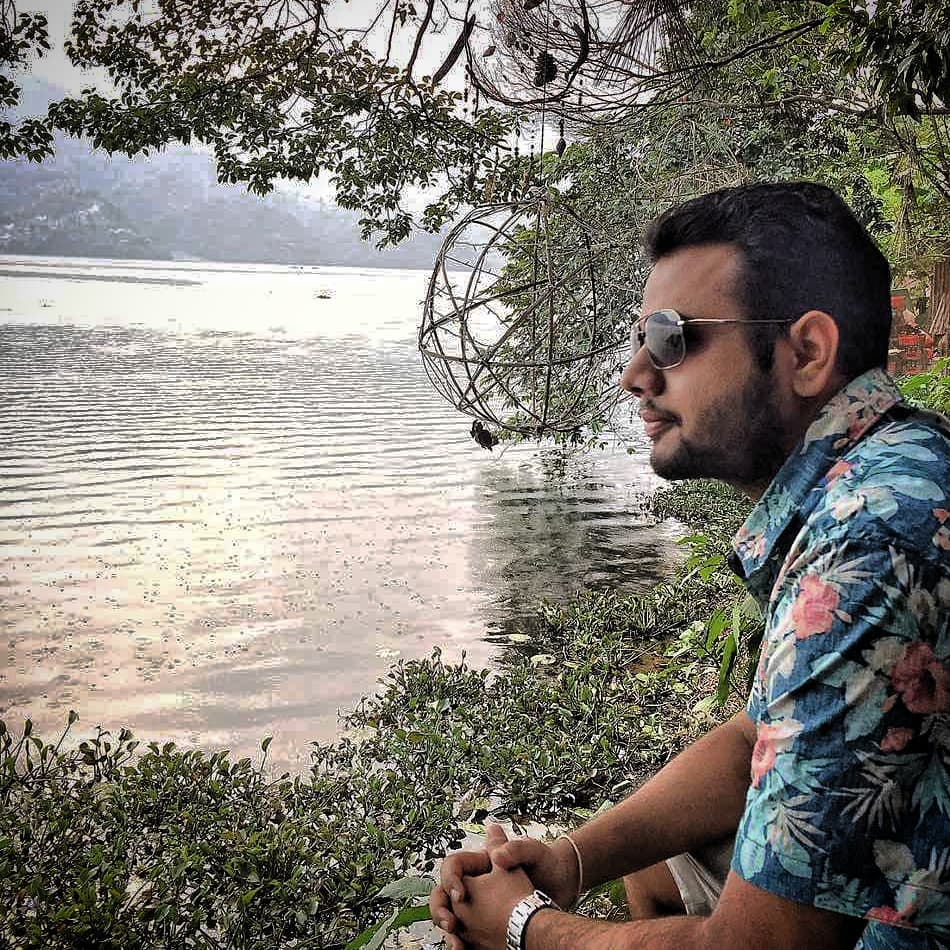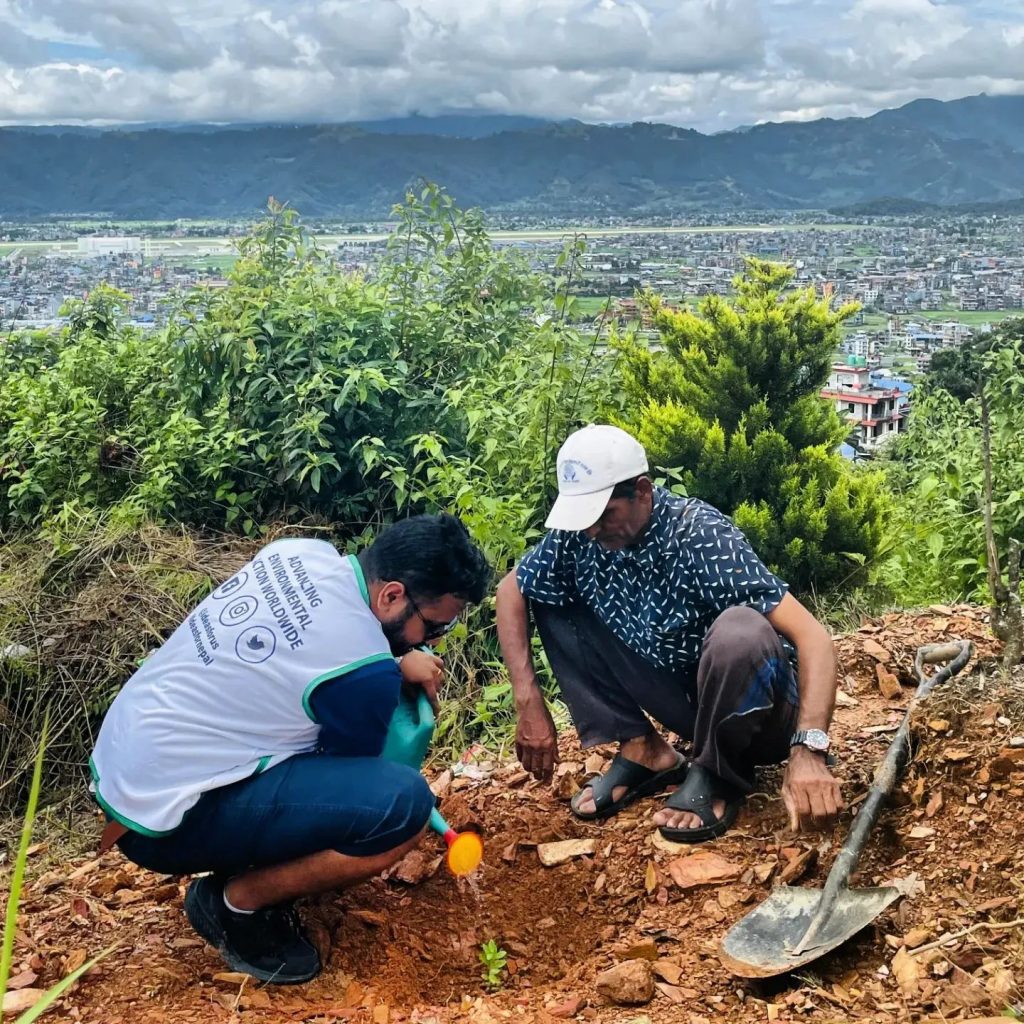Pradish Poudel is an essential member of our global team, and a driven enactor of environmental action in Nepal. We sat down with him to ask him a few questions about where he’s been and where’s headed.
What is your role with IDEAS For Us?
I serve as Country Representative for Nepal and Acting Regional Director for Asia Pacific. I’m responsible for expanding IDEAS networks in Campus and Communities, managing grants, and mobilizing leaders and volunteers for environmental action in Nepal. I also represent IDEAS in local, regional and international forums as we work to develop smart cities and sustainable communities.
How did you start working with IDEAS For Us?
I started as a volunteer at the age of 21. My first project with IDEAS was developing latrines in one of the most marginalized communities of Nepal so people did not have to defecate in the open. Initially, I connected with IDEAS For Us through Chitwan Medical College, and eventually through many eco-action experiences I upgraded my role and responsibilities as IDEAS For Us Country Representative and Acting Regional Director for Asia Pacific.
What are some of your greatest community challenges?
The big challenge faced by my community is random urbanization leading to air pollution, water pollution , waste management issues, and deforestation. Environmental action in Nepal to combat these issues is urgent and essential.

Pradish has always cared deeply for environmental and human health..

Pradish was recently accepted into Harvard Medical School!
Tell us about your proudest eco-action moments?
- I have initiated Health Care Waste Management Policy drafts for the IDEAS For Us branch in Liberia, West Africa.
- I have developed latrines in the marginalized communities of Nepal.
- I have planted 15,000 native and fruiting trees in Nepal.
- I have initiated a “One House, One Tree” campaign for 1,200 households in Pokhara.
- I have completed a community garden in the temple zone.
- I have organized regular riverside clean-up campaigns in Chitwan.
- I have trained 33 hospitals and their managers on Health Care Waste Management.
- I have trained and mobilized 500 + volunteers to make eco-friendly sanitary pads for menstrual hygiene. The pads have reached 20,000 young students.
- I have served as Consultant to City Mayor for developing a roadmap of smart cities and sustainable communities, joining the city’s New Urban Agenda 2030 Taskforce.
What are your goals/desires for 2023 regarding environmental action in Nepal?
- Creating model highways in Pokhara by integrating street-side trees.
- Planting 15,000 native and fruiting trees in Nepal and other countries of the Asia Pacific Region.
- Developing seventy young activists and leaders into urban health experts.
- Installing a city garden in Pokhara to benefit the community.
- Providing three hundred families in slum communities in Pokhara and Kathmandu with fruit trees.









